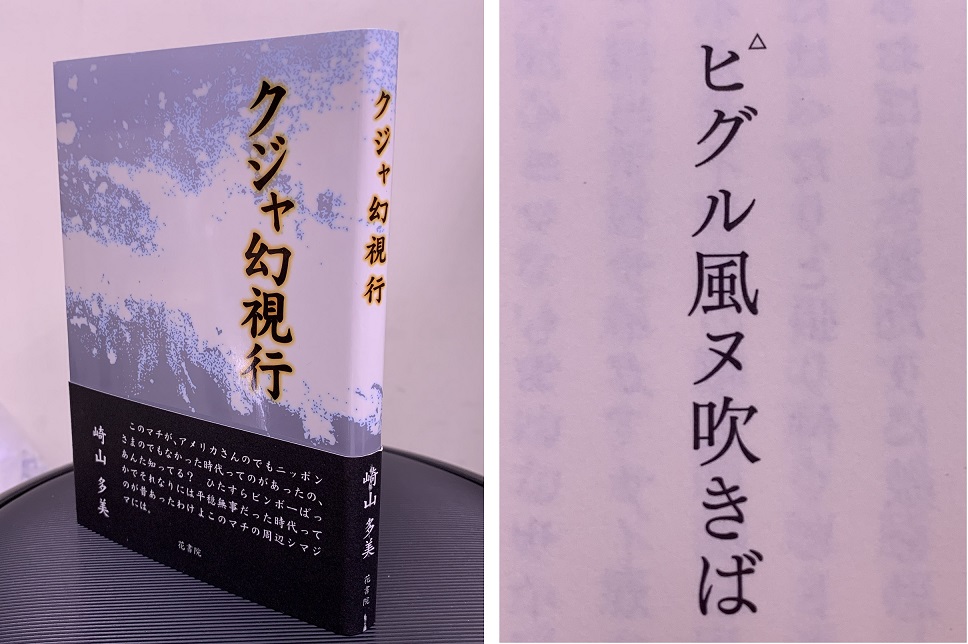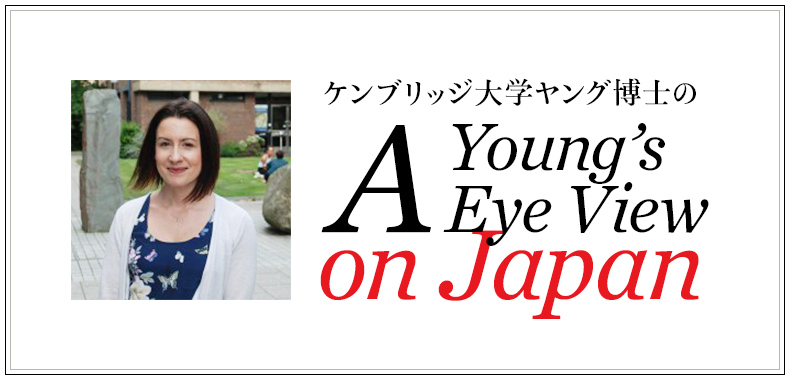What’s in a name?
As Japan prepares for Emperor Akihito’s abdication at the end of this month, on April 1st the name of the new historical era was announced to be ‘Reiwa’. The dividing up of history according to imperial reigns carries significance in Japan, where each moniker ultimately becomes synonymous with the social, political and cultural legacies of the period that it names. The imminent changeover has therefore prompted an opportunity for public reflection on what the past 31 years of Heisei have meant for Japan, and for speculation on what the Reiwa Era might bring.
prepare for ~の準備をする / abdication 退位 / era 時代、年代 / divide up 分ける、分割する / according to ~に従って / reign 治世、統治 / carry significance 意味を持つ、重要性がある / moniker 呼び名、呼称 / ultimately 最終的に、結局 / become synonymous with ~と同義になる、同じ意味になる / legacy 遺産、受け継いだもの / period 期間、時代 / name ~を命名する / imminent 差し迫った、目前に迫った / changeover 転換、切り替え / therefore それゆえ / prompt ~を促す、引き起こす / reflection on ~についての反省、熟考 / mean A for B BにとってAを意味する / speculation on ~についての推論、臆測
The announcement of a new era is eagerly anticipated since these names are not words in their own right but are rather constructed from two distinct characters (kanji). In the case of Reiwa, inspiration has been drawn from the preface of a poem in the 8th century anthology, the Man’yōshū. Yet kanji are able to simultaneously possess multiple meanings and sounds, thus they pose a challenge for commentators outside of Japan to translate what ‘Reiwa’ means.
eagerly しきりに、熱心に / anticipate ~を楽しみに待つ / in one's own right 他に依存せずに、独立して / be constructed from ~で構成される / distinct 独自性の強い、独特の / character 文字 / inspiration is drawn from ~から着想が得られる、インスピレーションがもたらせる / preface 序文、前書き / anthology 選集、文集 / simultaneously 同時に / possess ~を持つ、有する / multiple meanings 複数の意味、多義性 / thus その結果、それゆえ / pose a challenge for ~に難題をもたらす / commentator 解説者、コメンテーター
This material quality adds to the richness of the Japanese language as layers of meaning build within each character over time. Yet in the Man’yōshū, one also finds kanji used solely for their sound irrespective of meaning. Herein lies a precursor to the two phonetic kana scripts, and yet even kana cannot fully transmit the range of sounds spoken across Japan. For example, the writer Sakiyama Tami (b. 1954) has described the diverse soundscape of her childhood in the Okinawan archipelago, and her desire to inscribe that oral vernacular into her written fiction. Sakiyama’s playful experimentation finds its extreme in characters never before seen, such as a katakana ピ (pi) marked not with a circle but an equilateral triangle, that belies definition and translation.
add to ~を増加させる / richness 豊かさ / layer 層 / build 高まる、増える / within ~の中で / over time 長い期間をかけて、徐々に / solely もっぱら、単に / irrespective of ~に関係なく、~を問わず / herein この中に、この辺りに / precursor to ~の先駆けとなるもの、前身 / phonetic 表音の、音声的な / script 表記したもの、文字 / transmit ~を伝える、伝達する / range 範囲、領域 / Sakiyama Tami 崎山多美 (沖縄県西表島出身の作家) / describe ~を記述する / diverse 多様な、さまざまな / soundscape 音風景、音の情景 / archipelago 群島、列島 / desire 願望、欲望 / inscribe A into B AをBに刻み込む、はっきり記す / oral 口頭の、口述の / vernacular その土地の言葉、方言 / playful 遊び心に満ちた、ふざけた / experimentation 実験 / extreme 極限、最先端 / equilateral triangle 正三角形 / belie ~と一致しない、~を正しく示すことができない / definition 定義
 崎山多美さんの短編集『クジャ幻視行』(花書院)では、「ヒ」の右上に〇ではなく△が付いた文字など、独特の表記法が用いられている。
崎山多美さんの短編集『クジャ幻視行』(花書院)では、「ヒ」の右上に〇ではなく△が付いた文字など、独特の表記法が用いられている。
On 1st April, the Japanese government also ruled to retire the katakana ヴ, and with it, my name shall change from Victoria (ヴィクトリア) to Bictoria (ビクトリア). I wonder whether my Japanese friends will continue to hear my pronunciation of “V” and whether I might need to invent a new character of my own!
rule to do ~するように規定する、指図する / retire ~を使わないようにする / wonder whether ~だろうかと考える、~かどうか疑問に思う / continue to do ~し続ける / invent ~を発明する、考案する



